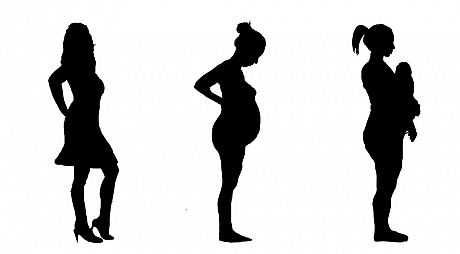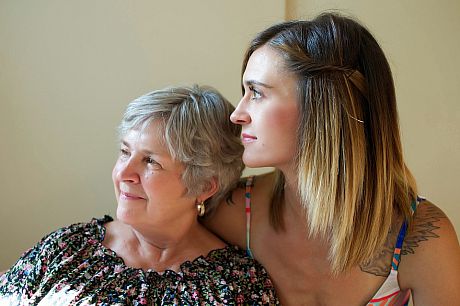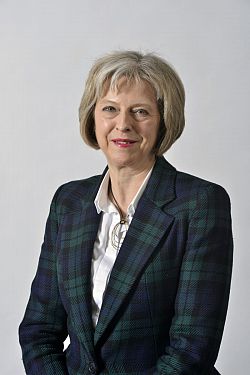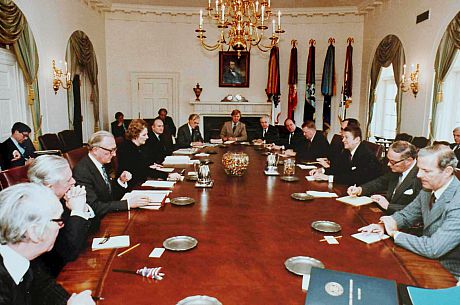What does Brexit mean for women?
Professor Susan Millns is Head of the Department of Law in the School of Law, Politics and Sociology at the University of Sussex.
Brexit has many implications for people whether they be British or non-British, young or old, rich or poor. But is there a gender dimension to the Brexit debate? In other words does Brexit have different implications for women and men? And, if it does, what are they and why might this matter?
In this commentary I offer some answers to these questions, arguing that there is a distinctive gender dimension to Brexit in terms of the voting patterns of the female electorate, in terms of the prospective erosion of women’s legal rights and in terms of the increasing feminisation of British politics.

In a post-Brexit political climate in which the economy is not performing well, equality law and maternity rights may prove one expense too many.
Women voters
Women have, historically, been marginalised from political debate and unable to fully realize their citizenship rights. The referendum on the UK’s future in Europe, however, brought women voters to the polls.
While the results appear to show that women and men voted overall in the same proportion as the population as a whole (so 52% women voted to leave the EU and 48% to remain), there is nevertheless an interesting gender imbalance hidden within this overall figure. It was in fact older women (aged 65+) who voted predominantly to leave (66%) and younger women (18-24 year olds) who voted to stay (80%).
These figures tally with the evidence that younger voters were keener to stay and older voters to leave (73% of 18-24 year olds voted to remain and 60% of 65+ to leave), yet the figures for women are noticeably higher than the proportion of older men who voted to leave and younger men who voted to remain.
 Why is there a difference in viewpoint between older and younger women over Brexit?
Why is there a difference in viewpoint between older and younger women over Brexit?
So why is there a difference in viewpoint between older and younger women in particular? Perhaps because we know that women tend to be more engaged in, and concerned about, local issues and local politics than at a national or European level.
Debates around access to employment and to public services such as health care, education, housing, together with the impact of immigration upon these (a key part of the leave campaign message) may have had more resonance with older women who see themselves and their families directly impacted by threats to services and employment prospects.
Equally, the idea that decisions should be taken closer to home (at the national rather than European level) may have resonated more loudly with this group.
Women should ask themselves how an important stock of equality law can be protected post-Brexit.
Women’s rights
In voting leave, however, has not the older generation of women (ironically themselves the feminists of the 1970s) in some senses betrayed their younger sisters? Consider what is at stake in legal terms in a post-Brexit Britain. Women’s rights to equal pay, non-discrimination, maternity and subsequently parental leave, to protection at work as pregnant and breast-feeding mothers and as part-time workers derive from European Union Law.
British law such as the Equal Pay Act 1970, the Sex Discrimination Act 1975 and the more recent Equality Act 2010 (which brings together much of the pre-existing anti-discrimination law) were introduced in order to give effect to European Community (as it then was) obligations found in the Treaty of Rome 1957 and various pieces of secondary EU legislation such as the Equal Treatment Directive.
Women should ask themselves how this important stock of equality law can be protected post-Brexit. There is a huge amount of work (more than can possibly be imagined) to be done in extricating the UK legally from the European Union. Equality legislation is a costly burden upon business and in a post-Brexit deregulatory political climate in which the economy is not performing well and austerity continues to bite, equality law and maternity rights may prove one expense too many.
A clear message should go out to all young working women thinking of starting a family that they should seriously consider doing so in the next two years.
A clear message should therefore go out to all young working women thinking of starting a family that they should seriously consider doing so in the next two years while they will still benefit from the legal right not to be discriminated against at work because they are women, pregnant, breast-feeding or on maternity/parental leave. Once out of the European Union there will be no supra-national law in place to ensure that the UK parliament does not quickly modify or repeal these hard-won rights.
Take things a step further and consider the conservative wish to take the UK out of the European Convention on Human Rights as well as the European Union and women risk losing even more in terms of human rights protection against sexual violence, torture, inhuman and degrading treatment and the protection of their private and family life.
Women in politics
Putting pessimism to one side, there is a further very interesting and perhaps more positive gender dimension to the Brexit debate - the emergence of an array of female politicians and political party leaders coming to the fore as the ‘men behaving badly’ have exited the scene.
 Theresa May MP will shortly become the UK's second Prime Minister.
Theresa May MP will shortly become the UK's second Prime Minister.
In post-Brexit Britain there is a decent chance that all but one of the main political parties will have a female leader. Theresa May looks set to be the next British Prime Minister, following in the footsteps of Margaret Thatcher. In the Labour party Angela Eagle has made a serious impression as a leader in waiting should Jeremy Corbyn’s time in office come to an end. The SNP has, of course, Nicola Sturgeon fighting their corner and even UKIP could find a new female leader in Diana Evans or Suzanne Evans. Such a prospect would have been unimaginable even six months ago.
Might this feminisation of politics push in a direction which is sensitive to women’s rights and interests and lead to a ‘different voice’ or less adversarial style in day to day politics? That may depend on the outcome of any subsequent general election. Margaret Thatcher, on the conservative side, was not renowned for championing women’s rights. Women in politics have to be tough to survive and find it hard to show their ‘feminine’ side in public.
As Ken Clarke recently said of Mrs May, she is a ‘bloody difficult woman’ and one can only wonder whether a similar remark would have been made about a male politician who was, like Mrs May, simply doing his job.
 Thatcher's all-male cabinet. Will the feminisation of politics be a good thing for women's rights?
Thatcher's all-male cabinet. Will the feminisation of politics be a good thing for women's rights?
There will undoubtedly be many voices and many interests clamouring to be heard and prioritized in the forthcoming months as the Brexit negotiations take shape. The issues around the economy, employment, public services, health, education and housing are going to be key topics for discussion at both the European and national levels.
It is crucial in a post-Brexit, de-regularised but increasingly feminised political climate that the legacy of the European Union in terms of its commitment to gender equality and gender justice is defended.
This is essential in order that the 80% of young women who voted to remain in the EU do not lose the benefits and protections that their older sisters previously enjoyed.




